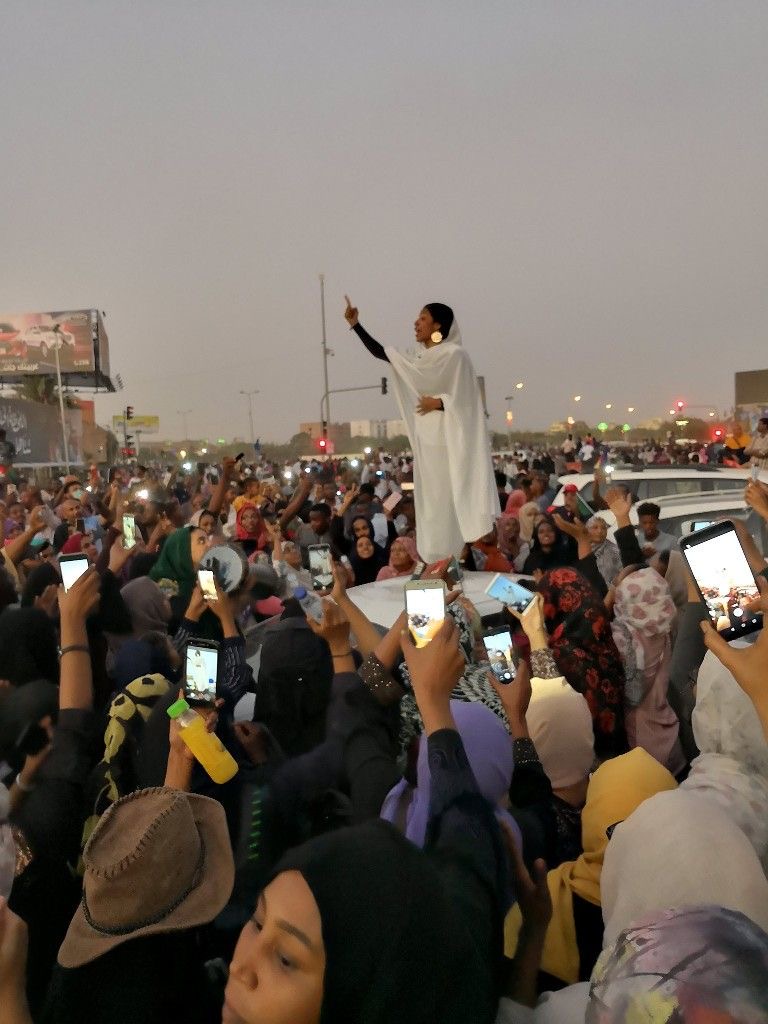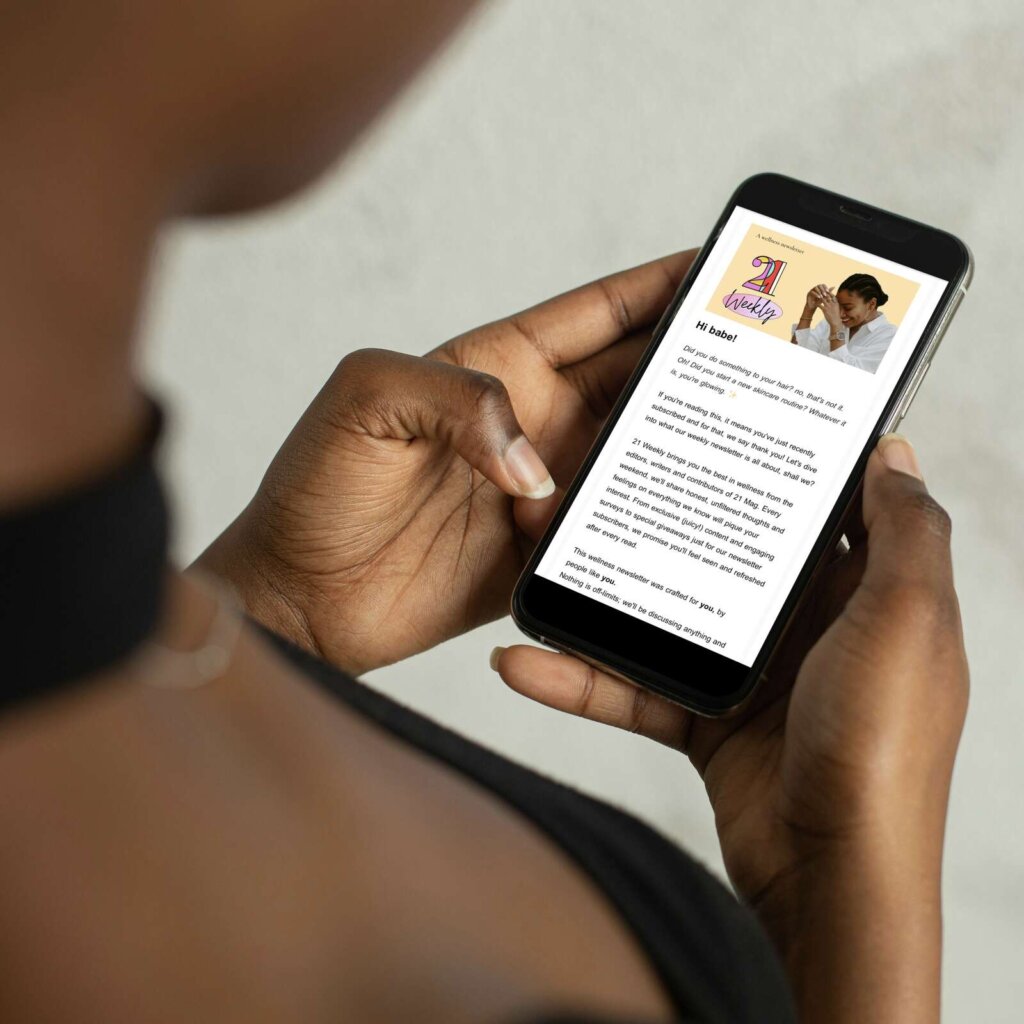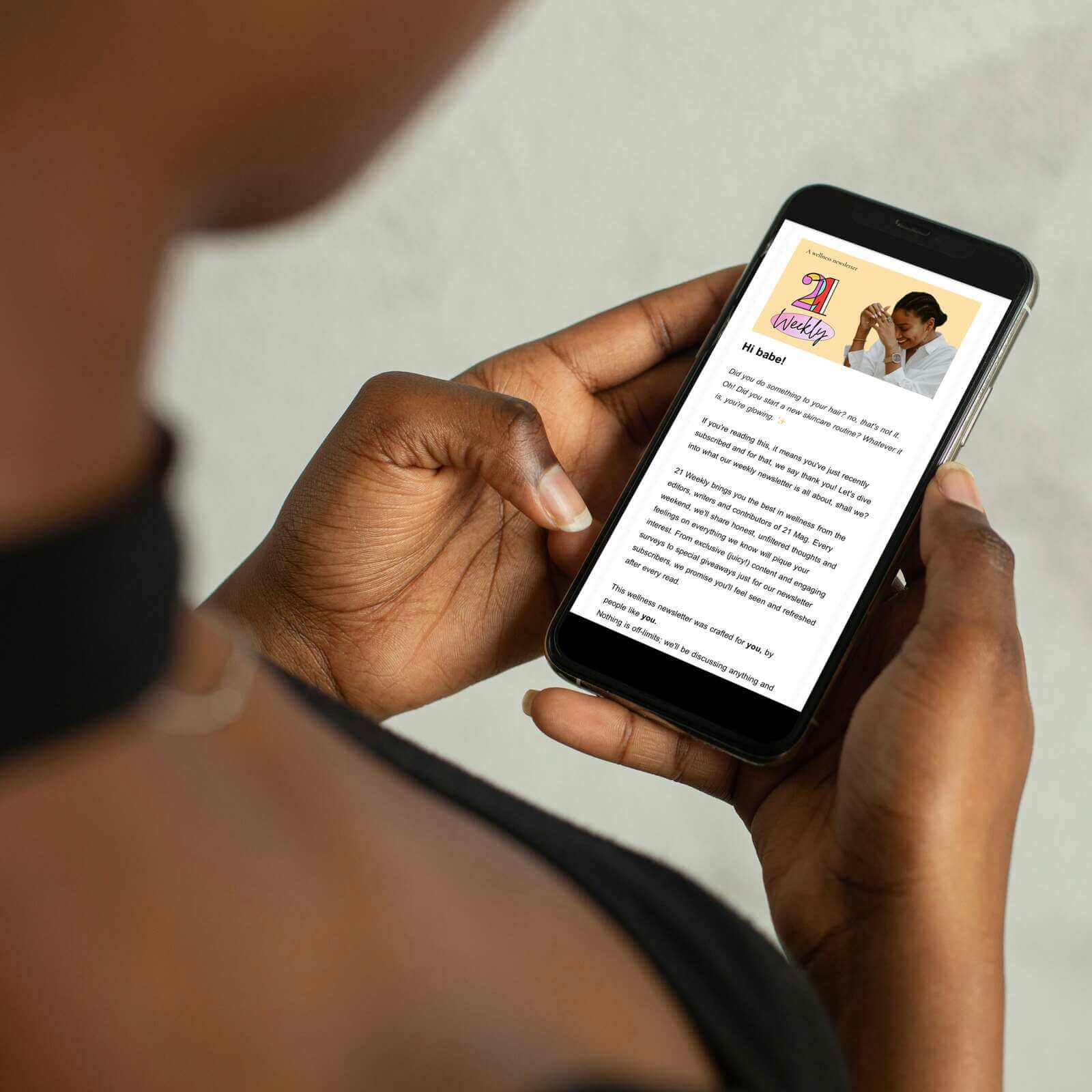Let’s talk about two flights that took place just days apart in August 2025. On the surface, both involved a passenger, an airline, and a breach of protocol. But the aftermath of these incidents paints a chilling, undeniable picture of the two Nigerias we live in: one for the rich and powerful man, and another for the everyday woman.
What Happened on Ibom Air Flight 513?
On Monday, August 11th, Comfort Emmanson was a passenger on an Ibom Air flight. After an altercation with the air hostess, she was forcibly removed from the plane. But “removed” is a sterile, polite word for what happened. She was manhandled, her blouse was torn in a struggle, exposing her breasts and in the ultimate act of humiliation, her ordeal was filmed and circulated online for public consumption. Her punishment? A remand in Kirikiri Prison on the basis of a legally questionable warrant, a lifetime no-fly ban from the Airline Operators of Nigeria (AON), and a criminal complaint that may shadow her life.
The official narrative painted Comfort as a menace. Ibom Air and the AON claimed she refused to comply with safety instructions about her phone, brutally assaulted a crew member, and even attempted to use a fire extinguisher as a weapon. In the initial video that made rounds, Emmanson was seen hitting, Juliana Edward, a female air hostess who looked unsettled. In another video, Emmanson was seen physically resisting other airline staff attempting to take her away. Her blouse, which was torn in the process, indecently exposed her body.
Based on this one-sided story, the system moved with brutal efficiency usually reserved for the vulnerable. She was charged, imprisoned, and blacklisted.
But as is often the case when a woman is publicly condemned, the full story is far more complex. Soon, other videos began to surface. One shows an Ibom Air hostess blocking the aircraft entrance, preventing Comfort from simply exiting the plane as she pleaded to be let out. Eyewitnesses began to come forward, their accounts contradicting the official story and absolving Comfort of significant blame.
Dr. Monday Ubani, a Senior Advocate of Nigeria, argued that the AON’s lifetime ban, imposed without giving Comfort a chance to be heard, violated her constitutional right to a fair hearing and freedom of movement. She punished disproportionately based on an incomplete and possibly false narrative.
Kwam 1’s Story
Now, let’s rewind just five days to Wednesday, August 6th. On a Value Jet flight, Fuji music icon Wasiu Ayinde Marshal, better known as Kwam 1, had his own run-in. After allegedly trying to board with a flask of liquid over the 100ml limit, he reportedly poured its contents on a flight attendant and was seen in videos physically blocking the aircraft from takeoff. The outcome? A temporary flying suspension that was later softened, followed by an apology tour where a government official publicly pleaded for his forgiveness. In the most surreal twist, he was effectively rewarded, given a role as an “ambassador for aviation security protocol.”
Read that again. One person is stripped, shamed, and jailed. The other is given a time-out and a title.
Two Flights, Two Nigerias
Comfort Emmanson’s case juxtaposed to Kwam 1’s is a perfect illustration of a system built on privilege. The chasm between these two outcomes has nothing to do with the aviation officials on ground on those days and everything to do with gender and class.
Kwam 1’s transgression was not minor. It was a clear, documented breach of international aviation security protocols. Yet, the system treated his actions not as a threat, but as an unfortunate “incident” requiring careful management.
Afterwaeds his PR machine kicked into high gear. He released a statement claiming the flask contained only water for a “chronic dehydration” condition. The Chairman of NiDCOM, Abike Dabiri-Erewa, used her official platform to amplify his apology and call for public forgiveness. The system bent over backward not to punish him, but to rehabilitate his image, turning his transgression into an ambassadorship.
Patriarchy Pits Us Women Against Each Other
In the wake of Comfort’s ordeal, a familiar conversation reignited online: women sharing stories of air hostesses who were noticeably colder and stricter with female passengers while being unfailingly accommodating to men.
The new evidence in Comfort’s case, suggesting the initial conflict was with Juliana Edward, the female air hostess who blocked her from leaving, makes this dynamic painfully relevant. It’s easy to get angry, but this isn’t just about a few “mean girls.” This is a classic, tragic byproduct of a society that teaches women to see each other as competition. Patriarchy pits us against each other for male approval and a limited number of seats at the table. This internalized misogyny doesn’t disappear at 30,000 feet. For some, unconsciously aligning with patriarchal power by being deferential to men while holding other women to a harsher standard is a survival tactic.
We Need Institutions, Not Idols
The tale of Comfort and Kwam 1 is a damning indictment of our institutions. It joins a long list of cases—from Raheem Okoya to Cubana Chiefpriest—where justice is clearly for sale. When a celebrity can commit an offense and be rewarded, it tells you that accountability is a negotiation. When an ordinary woman can be brutalized and illegally detained for a disputed infraction, it tells you her rights are disposable.
This is why we need strong, impartial institutions where the law applies to everyone. Fairness is the bedrock of a functioning society. We need a world where a passenger is a passenger, and a violation is a violation, regardless of gender or bank account.
The release of Comfort Emmanson from prison is not justice. Justice would be a full, transparent investigation into the incident. Justice would be holding the staff who manhandled her and circulated those videos accountable.
Her case must be a turning point. We must demand real accountability from our institutions and challenge the double standards we see every day. Because justice shouldn’t depend on who you are. It should be the standard, not the exception.







